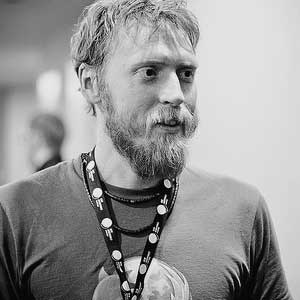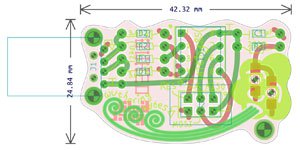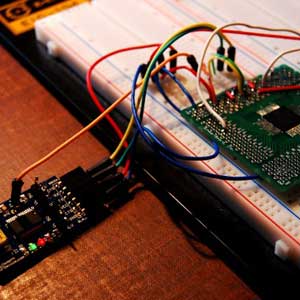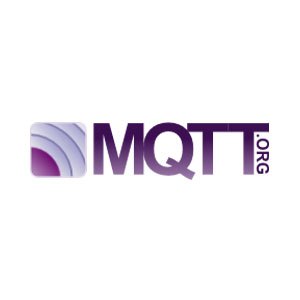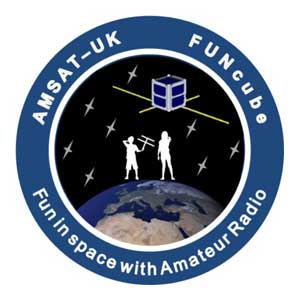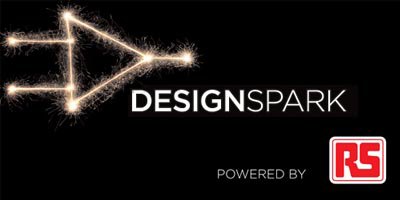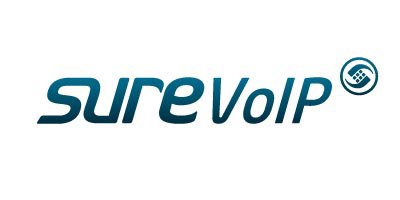Git Together: Version control for coders & small teams
Graham Smith @gablaxian
Confused by cloning? Can't tell a repository from a commit? Find the command line all a bit scary? You've heard of Git and know you should be using it but... aaaaargh?
This workshop will cure that.
Become a Git master in just one day. This workshop is aimed at individuals and teams who want to work better together on small development projects.
We'll use practical examples mixed in with an outline of how Git came to be and the different ways you can and should be using it. You'll start off very basic and over the course of the day you'll have mastered everything you need to know to take you forward in embedding Git into your coding workflow.
What you need to bring:
Bring your laptop (Mac or PC is fine)
A vague understanding of version control
A decent understanding of working with text-files like .php, HTML, python etc.
Persistence-of-vision and Face Tracking with ShrimpingIt
Dr Jeremy Bennett and Simon Cook
Participants will create a persistence-of-vision project based around the Arduino-compatible, Shrimp. The perfect workshop for the hardware curious and crossover coders!
Those with more hardware experience under their belt will have the opportunity to construct a face tracking system, using a webcam with a Linux host running an OpenCV application, which uses a Shrimp-based circuit as an interface to steer the webcam.
What you need to bring:
You should bring your own laptop to get the most out of the workshop (Mac or PC is fine)
Soldering is easy!
Anish Mohammed, Alan Wood, Steve Crozier
Build the OSHCamp kit, a special version of the LittleWire board, that has been designed by Boldport just for Wuthering Bytes. This is an incredibly handy USB multi-tool that can be used to program microcontrollers, read sensors, control outputs and much more.
Great for beginners, there will be expert support on hand to help you assemble your kit.
What you need to bring:
Bring your laptop, Bring yourself! You don't need any special tools.
Hardware Interfacing Clinic
Melanie Rhianna Lewis
Get expert advice for projects that involve interfacing peripherals, chips, sensors and other inputs, displays and other outputs.
What you need to bring:
Bring your laptop. Bring along your interfacing woes and project ideas!.
Profiling Energy Consumption in Embedded Applications
James Pallister
Following the previous day's talk James will be demonstrating the energy consumption measurement kit, with several instrumented platforms: Arduino, Raspberry Pi and a BeagleBone.
Participants will be able to instrument their code and run it on the available platforms, showing where the energy hot-spots are. Bring along your code to be profiled on one of the platforms, and if you bring your own hardware along we can also try to hook it up.
What you need to bring:
Bring your laptop.
Bring along your Arduino or Raspberry Pi projects that you want to profile.
Machine-to-machine Communication (M2M) with MQTT
Paul Tanner
Following on from the talk on asynchronous communications this session will provide the opportunity for people to get their hands dirty with MQTT.
We will have an installation of the Mosquitto micro-broker and a rules engine running on a Raspberry Pi. Nick O'Leary’s MQTT client for Arduino is available, as are other implementations for low-power platforms.
Participants will be able to connect up sensors and actuators that they bring with them and make use of a rules engine to create ad-hoc applications.
What you need to bring:
Bring your laptop and any Arduino and sensor hardware.
Receiving FUNcube Satellite Telemetry
Jason Flynn
The FUNcube-1 satellite is ready for launch. Are you ready to receive?
This workshop will show how to set up a receiver to decode telemetry from the satellite and to submit it to the data warehouse which relies upon crowd-reception. Bring along your own FUNcube dongle receiver or a suitable USB DVB dongle and check that it's working.
Participants will be able to connect up sensors and actuators that they bring with them and make use of a rules engine to create ad-hoc applications.
What you need to bring:
Bring a laptop.
If you have one, bring along a FUNcube dongle or suitable USB DVB receiver.
